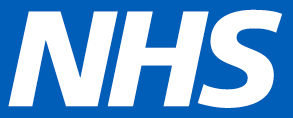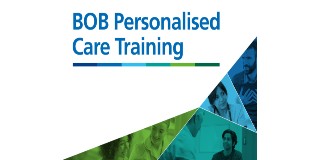
Working in collaboration with Bristol, North Somerset and South Gloucestershire ICB and secondary care providers to develop a cancer prehabilitation dashboard.
Challenge
Cancer prehabilitation services are increasing in number and coverage. However, many services are short-term funded and only provide services to limited groups of patients.
Cancer therapy teams from across Bristol, North Somerset and South Gloucestershire (BNSSG) wanted to capture both patient-reported outcomes with healthcare utilisation data to measure the impact of their prehabilitation services. This would allow them to understand how effective their prehabilitation services were, and to provide evidence for future business cases.
What we did
Building on previous work with the Greater Manchester Prehab4Cancer and Harrogate Active Against Cancer services, we worked with the cancer therapy teams to understand the current prehabilitation service provision across both secondary care providers. The services worked collaboratively to agree on a set of outcome measures which would provide patient, hospital and wider system impact to be measured for all cancer tumour sites.
Our Business Intelligence (BI) team worked with the BI teams at both providers to identify how to capture and link the data to populate the dashboard. Data from each provider would be shared with the BNSSG Data Warehouse to link and populate into the dashboard. We worked together with the provider and ICB to ensure the data capture process met with Information Governance approval for all parties.
The dashboard is now available for use by the cancer therapy teams and the ICB.
Activity
Cancer and long-term conditions
Business Intelligence – Data-driven decision making
Provided data and insights on patient demographics, cancer type, and inpatient, outpatient, and emergency outcomes
Information governance
Ensured the cancer prehabilitation dashboard data capture process met with Information Governance approval
Impact
The data provides insights related to patient demographics, cancer type, inpatient, outpatient, and emergency outcomes. Comparisons in outcomes can be made between patients who attend prehabilitation and those who do not.
The dashboard is now being actively used to support business case development for future service provision. Over time the dashboard will develop to be a rich source of data and enable future service developments to be targeted to ensure the best outcomes.
The dashboard is of importance to both the service providers and the ICB to capture outcomes for people with cancer and it could be expanded across other long-term conditions and planned care to deliver even greater population benefits.







